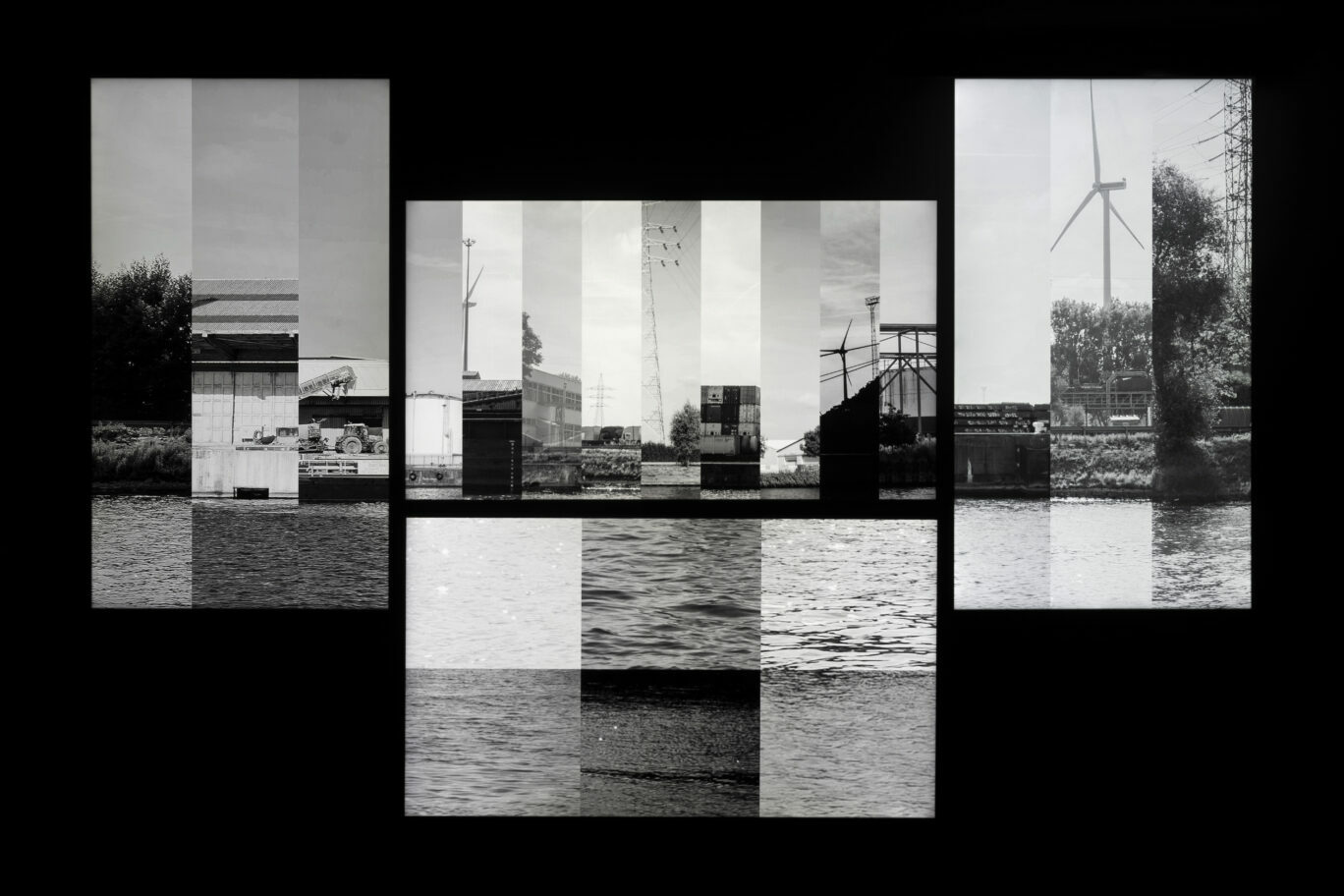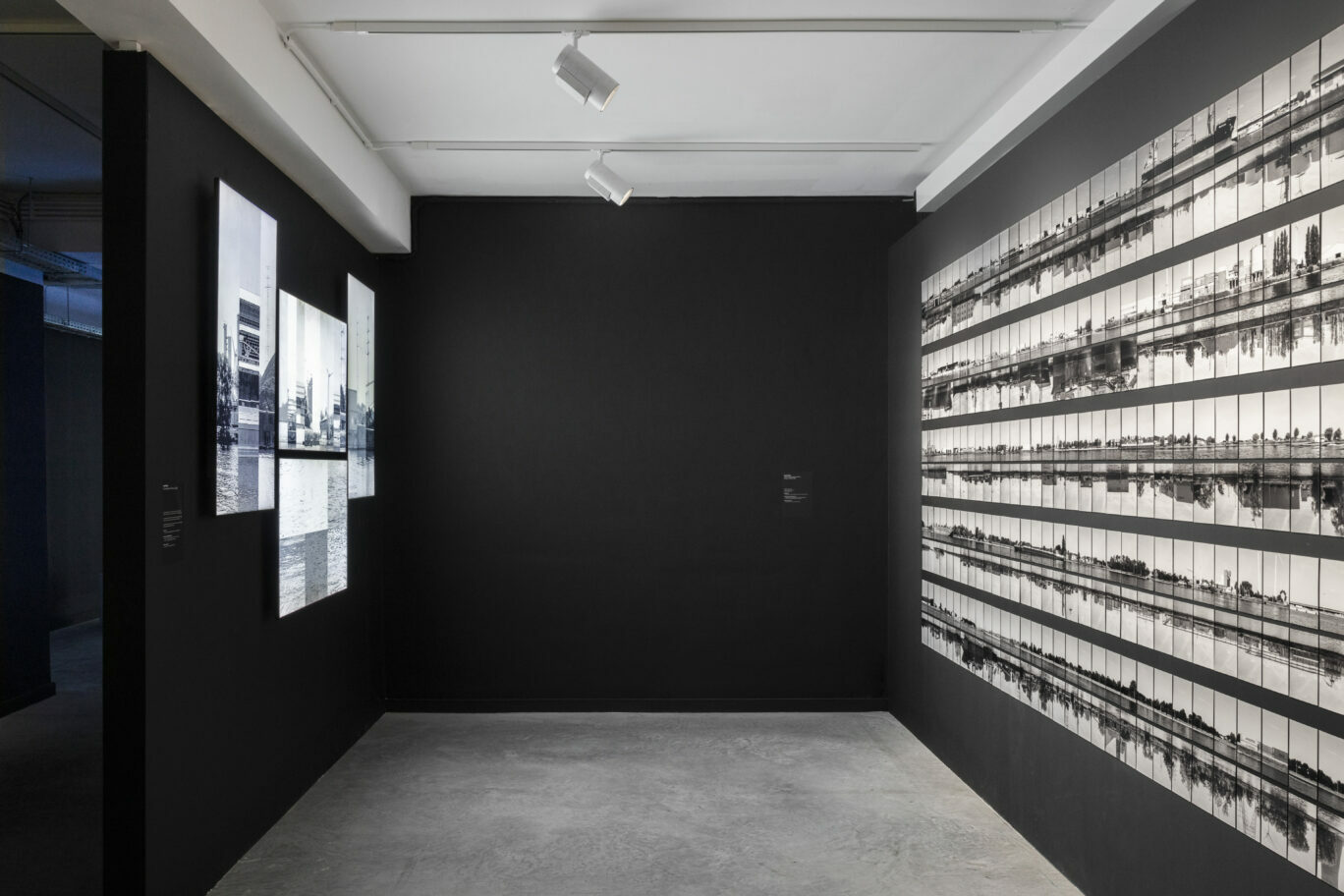Anna Ridler is an artist and researcher who works with systems of knowledge and how technologies are created in order to better understand the world. She is particularly interested in ideas around measurement and quantification and how this relates to the natural world. Her process often involves working with collections of information or data, particularly datasets, to create new and unusual narratives. This project explores the connections between capitalism, globalism, and the natural world, triggered by the challenge of ‘water capitalism’ as a possible viable solution for better management and better understanding of the true value of water. What if we allowed people to buy and sell water rights? A radical shift in attitude is necessary. Not only its utilitarian value based on cost-benefit analysis should be considered, but also its humanistic, moral, emotional, aesthetic, and ethical values.
Anna Ridler is interested in water and water systems as a major driver of various industries, and how it interacts with global trade and the stock market. Her residency involved the development of extensive data sets (weather data, astronomical data, water data,…) and research on how water was managed in Flanders throughout history, going back to the medieval era, and how the ability to manipulate water through canals led to an influx of wealth. It materializes into two installations, which are a first iteration in a wider project exploring the relation between the increasing monetization of nature in the financial world, the lineage of trading in Flanders and the increase of extreme weather events as a consequence of climate change.
Pieces of the North Sea Port explores the movement of goods and the historic use of waterways in the region, focussing on the North Sea Port. It started as a map-making exercise of the 31-kilometre-long Ghent-Terneuzen Canal using Street View in Google Maps to map the different uses of water. It quicky became clear that Street View searches obscures our view of the waterway and leaves a lot of gaps. Anna Rilder started inverting the process of digital representation into an artistic rendering using technology in an analogue way. A massive photographic dataset documents the left and the right bank of the canal on a particular day in August 2022. She mapped the waterway up and down, subtly integrating the flow of time, and visualising its different uses: from water used for transport/shipping to water used by its surroundings, such as nature, residencies and mainly industries. The work therefore records the different ways in which capitalism inscribes itself in the landscape and meanwhile uncovering a hidden past of the area.
This dataset is also the basis of The Landscape of Finance, a moving image piece displaying an alternative visual language of the stock market. Fragments of the photographic dataset are first cut in vertical strips, then assigned to different subjective categories connected to different uses of water, driven by the machinations of the stock market, presenting different possible landscapes depending on which types of stocks are doing well. Financial decisions made by people in global cities, without connections to the landscape, are flowing back into the local landscape.
This project was commissioned by GLUON and LUCA School of Arts within the framework of STARTS4Water. The residency aimed at questioning the value of water with the help of digital technologies, to facilitate new sustainable and inclusive economic uses of water in the region of Flanders in Belgium.

